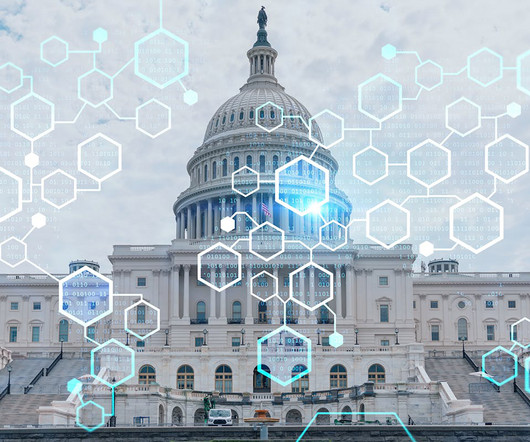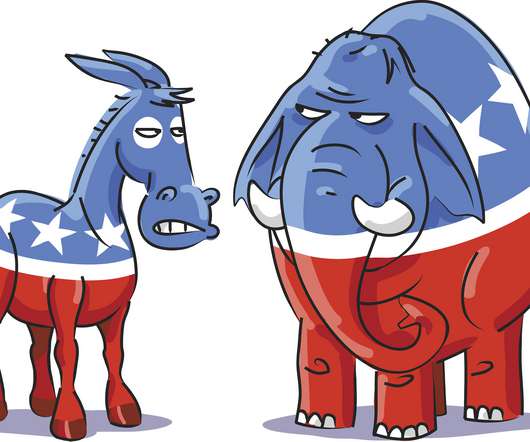The Power of I Used to Think…Now I Think
Catlin Tucker
AUGUST 22, 2023
This promotes critical thinking and historical empathy. Exploring Different Cultures: When discussing cultural differences and traditions, the teacher could prompt students to share their initial assumptions and how their views changed as they learned about diverse cultures.













Let's personalize your content